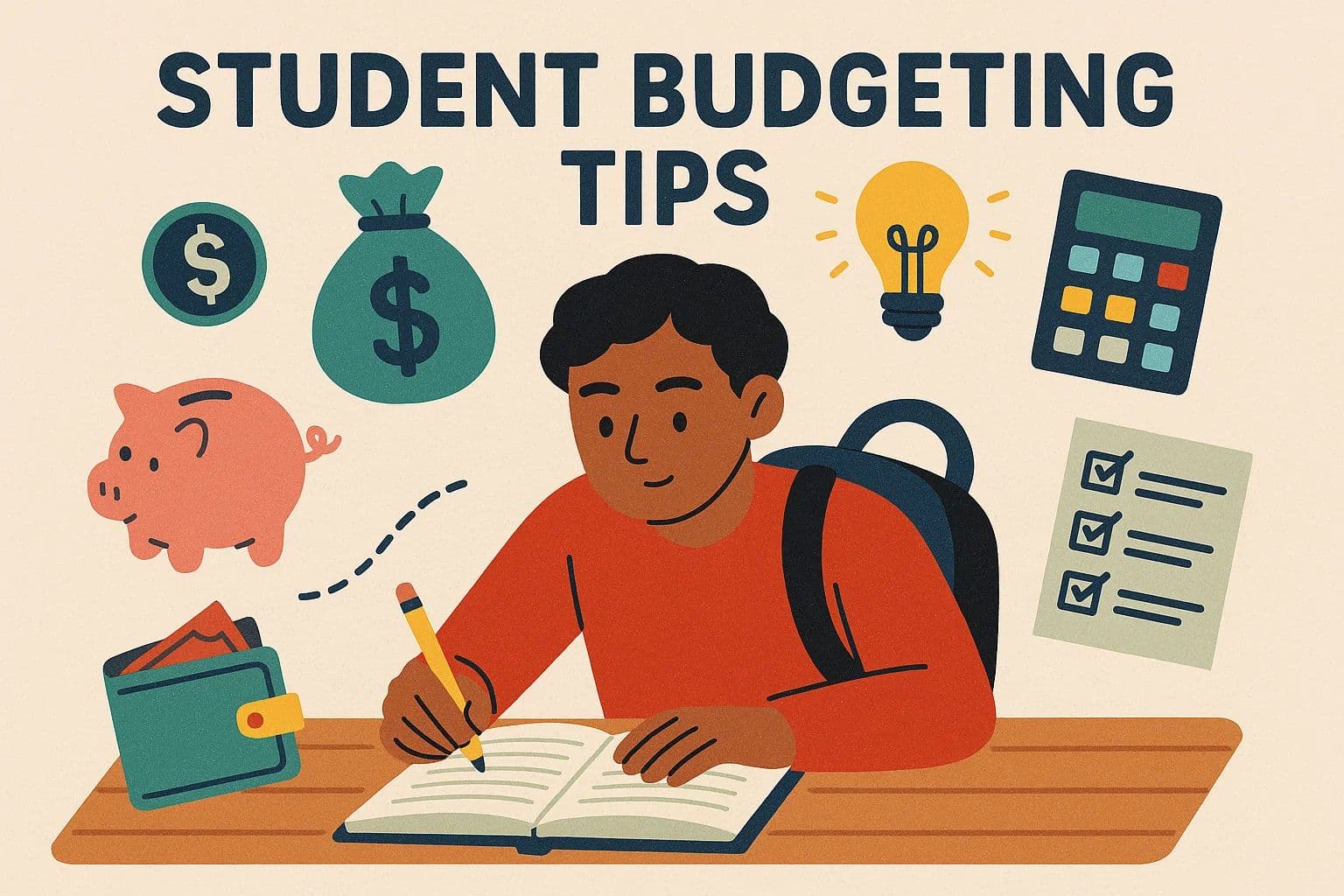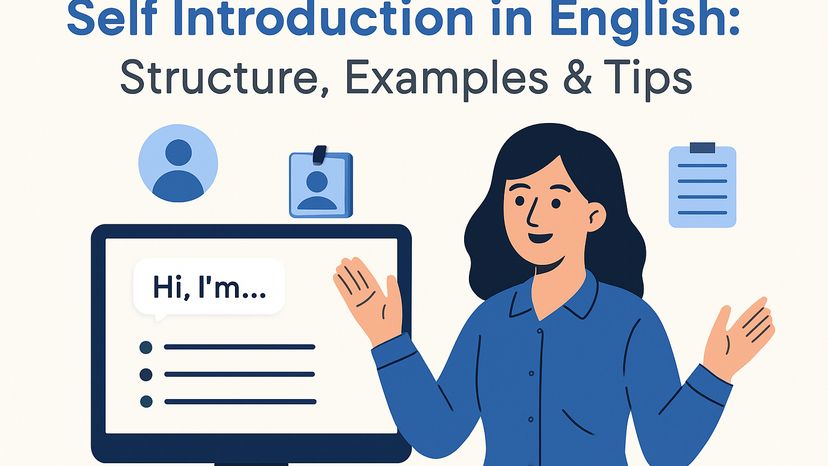University life is a gift: it provides freedom, independence and opportunities but it comes with the burden of managing money well. The majority of the students are so unlucky to run short of funds in the middle of the semester not because they do not have enough but because they are not planning on how to spend the budget.
Budgeting does not mean keeping account of the expenses, it also means preparing a financial plan that will help to live well and be able to afford all the necessities, have a good student life and remain able to save some money. Regardless of whether you live on a small allowance, scholarship or some extra income earned in a part-time job, the best student budgeting tips will make you avoid debt and learn how to control money throughout your life.
In this article we will go through actionable ideas on how to work out and maintain a student budget, a uni budget or even a college budget. Whether it is basic budgeting in finance or cost-cutting tricks, they can all help you optimize your money and get it to work harder.
1. The importance of Budgeting by Students
A student who does not have a budget is like a traveller who does not have a map towards him. You might end up getting there ultimately however, it would be long, costly, and more stressful.
Popular advantages of budgeting to students:
Less stressful life- It alleviates the stress and lays out quite clearly where your money goes so you do not have to worry about where finances will go.
Helps achieve academic results- when you do not have to worry about the money you do not spend in a panic, you can be more concentrated on lectures, assignments, and exams.
Establish good money management practices- The things you learn will help you establish good money management practices: How to set financial targets, how to stay out of debt that you do not need, and how to manage your expenses are skills that you are going to enjoy over the next few decades.
Avoids debt build up- By limiting your budget, you will not experience high interest-carrying credit card balances and taking payday loans in spite of your budget.
Personalised uni budget or college budgets make the concept of financial independence less daunting and a lot more feasible, regardless of where you live on campus, or in your own apartment
2. A Step By Step Budgeting of Students
Needless to say, budgeting may be overwhelming to do, but one can achieve this by considering the following unambiguous steps:
1. Calculate Your Total Monthly Income
Such sources should be taken into consideration:
- Guardian /parents allowance
- The students funded the loans through the government
- 2nd/side income or two income family
- Budgetary Control representation of all the Costs
- Part time work ( tutoring, online, craft-sell)
- Being aware of your monthly income status provides a realistic base in the finance budgeting plan.
2. Track All Expense
Categorise into:
- Fixed expenses-rent, utilities, phone expenses, tuition expenses.
- Enter Spending Categories
- It is possible to track with the help of special applications (e.g. Mint or Goodbudget) or can write down purchases in a notebook.
3. Set Spending Categories
It is the allocation many students use:
- The cost of Housing (30% the income)
- Food (20%)
- Transportation (10%)
- Monitor the spreadings to month-end on-a-month basis.
Choose whatever will fit your personality:
- 20% savings +emergency fund
This framework makes sure that you maintain the right balance between the vital requirements and pleasant experiences of the students.
4. Use a Budgeting Method
- 50/30/20 Rule - Easy and adjustable to first time budgeters.
- Envelope System -This is good when you like spending cash.
- Zero-Based Budget- Excellent where you want to count every single rupee or dollar.
5. On a month end basis, monitor the spreadings on a on-a-month basis.
- Spreadings to month-end (on-a-month basis). In the event that your student budget is losing money in one category, transfer it in the next month to balance out.
3. 10 Budgeting Tips to Students
1. Track Every Expense
Even going to buy a coffee or snack may use up all your uni budget quicker than you imagine. This makes you conscious of how you spend your money by writing it down almost on a daily basis.
2. Student Discounts
Students are commonly granted discounts in restaurants, cinemas and clothes shops, and even software companies. By showing your student ID prior to paying you may save hundreds in a year.
3. Cook at Home
Eating out is less healthy and much more expensive than meal prepping. You can save a lot even by brewing your own coffee at home rather than going out to buy coffee every day.
4. Buy Second - Hand Books
Purchase old books instead of new ones at a huge expense and save your money or utilize free ones online. Good places are websites, campus bulletin boards, and libraries.
5. Share Accommodation
Living in a shared apartment will cut in half the costs of housing. This happens to be among the greatest economic generators among the students.
6. Halt/Reduce Impulse buying
Don t buy something that you do not absolutely need, wait 24 hours. This cooling off is to keep out the remorse spending.
7. Save First, Spend Later
Send some money to savings as soon as you get an income. And you are less inclined to save at the end of the month.
8. Automate Bill Payments
Auto-pay rent, utilities and Subscriptions. This will save fines in the form of late payments and also save your credit rating.
9. Shop Smart
Go online and check prices and cash back applications, and make use of seasonal sales.
10. Keep an Emergency Fund
Even a small fund can prevent you from going into debt during unexpected situations.
4. Uni/College Students Frugal Tips.
Smart Dining on Campus Meal Plans -When you have a pre-paid meal plan, make it count instead of wasting more money off campus.
Domestic Travel or Transportation at Discounts or Free- In many cities, students get free/discounted travelling passes.
Loyalty Programs- Whether it is the grocery or a garment, loyalty cards can make a huge saving.
Visit the Library - Other than textbooks, lots of libraries will allow free use of online journals, magazines and even streaming services.
Share Subscriptions - If you are Netflix, Spotify and so on, these services are costly, why not share with your friends to reduce your costs?
Avoid Unnecessary Tech Upgrades- Keep your existing stuff as long as it is efficient in functionality.
5. Common Budgeting Mistakes to Avoid
- Failing to Review Budget Updates - When changes occur in life (such as a move to a new apartment or acquisition of a part-time job), the budget has to be updated.
- Underestimating Small Costs - Little expenses add up quickly
- Relying on Credit Cards - Avoid them unless you can pay in full monthly
6. How to Stick to Your Budget
Accountability Partner -Tell a friend about your budget plans.
Budgeting Apps - Better get the reminders early before you get the close-to-the-limit reminder.
Share Attainable Objectives- remember that you cannot do everything perfectly; you can just do it better.
7. Financial Budgeting Software & Apps
- Google Sheets Templates- Completely customisable and available anytime.
- Mint – Automatic transaction categorisation.
- PocketGuard -Displays available balances of safe-to-spend.
- Goodbudget -Envelope Budgeting within a computerized system.
8. FAQs
1. What is the best method of budgeting as developed by students?
Most of them will stick to the 50/30/20 principle 50 percent on the needs, 30 percent on the wants, and 20 percent on the savings.
2. So what is the recommended amount that should be saved per month by the student?
At least 10-20 percent of the monthly income should be aimed.
3. Which is better - apps or planners?
Applications make it automatic; planners aid picturisation of expenditure.
4. What can the students do to reduce their costs when it comes to food?
Prepare your own food at home, buy groceries and meal plans, as well as make use of student discounts on grocery stores.
5. How do you budget without a fixed income?
As a matter of fact, this can be done by preparing a flexible budget utilizing average monthly pay.
6. How do you go on budget at uni?
Monitor the spending every day, do not buy something you do not need and count on accountability techniques.
7. What are the typical errors to be made by students in their budgeting?
Not monitoring small expenses, not saving, and over spending credit cards.











